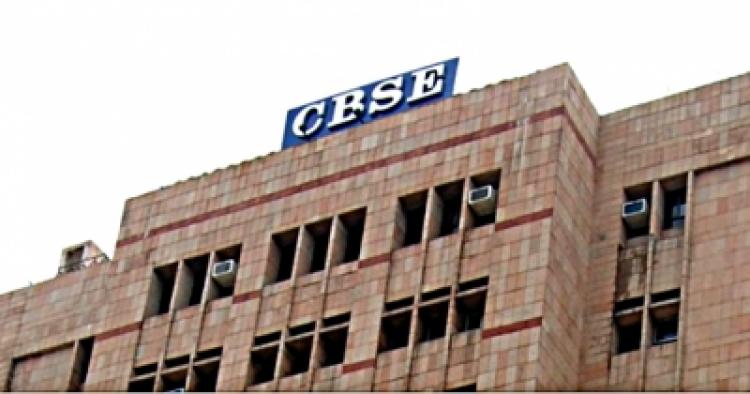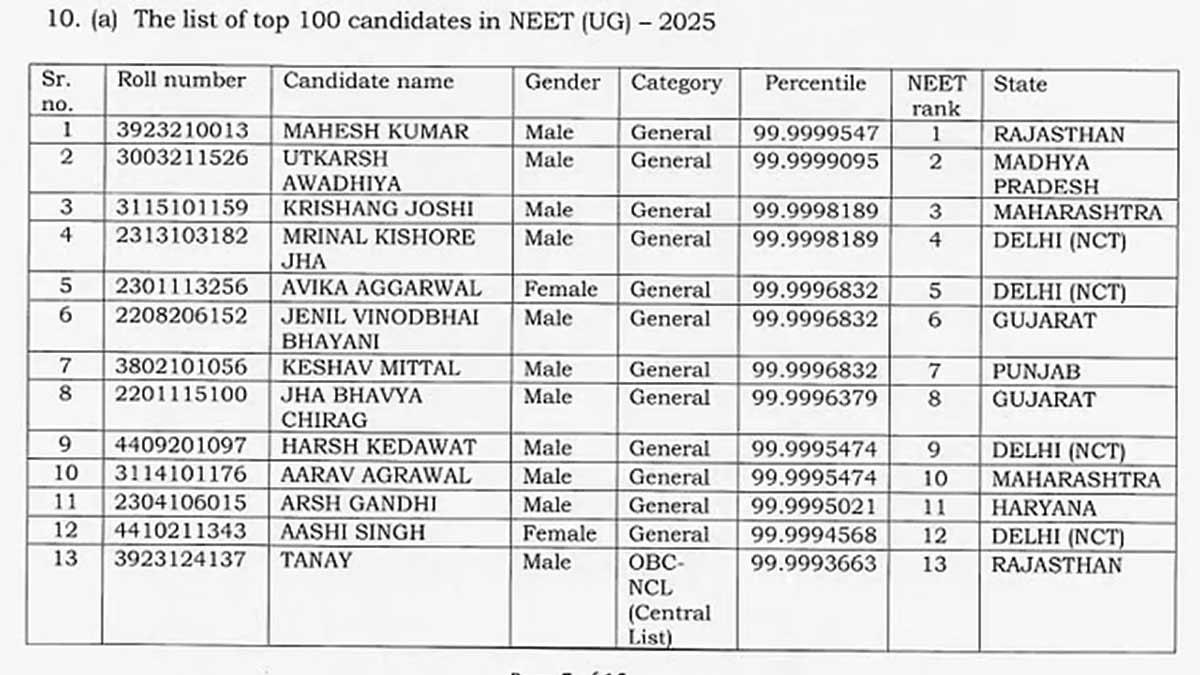CBSE has released the syllabus for classes 10th and 12th. It has also confirmed that from the upcoming session 2022-23, only one exam will be held annually as it was in the pre-pandemic era. The syllabus can be downloaded from CBSE's official site in the form of a PDF.
The CBSE has dropped chapters about the Non-Aligned Movement, the Cold War era, the rise of Islamic empires in Afro-Asian territories, the chronicles of Mughal courts, and the industrial revolution from the history and political science syllabi of classes 11 and 12.
Similarly, in the class 10 syllabus, the topic "impact of globalization on agriculture" from a chapter on 'Food Security' has been dropped. The translated excerpts from two poems in Urdu by Faiz Ahmed Faiz in the 'Religion, Communalism and Politics - Communalism, Secular State' section have also been excluded this year.
Chapters on 'democracy and diversity' have been dropped from the syllabus as well.
Also Read | SC orders fresh mop-up round counselling for NEET-PG 2021-22
"CBSE annually provides curriculum for classes 9 to 12 containing academic content, syllabus for examinations with learning outcomes, pedagogical practices, and assessment guidelines. Considering the feedback of stakeholders and other prevailing conditions, the board is in favor of conducting the annual scheme of assessment at the end of the academic session 2022-23, and the curriculum has been designed accordingly," a senior board official said.The CBSE Class 11 history syllabus doesn't include the chapter 'Central Islamic Lands' anymore. As per the description in last year's syllabus, this chapter talks about the rise of Islamic empires in Afro-Asian territories and its impact on the economy and society.
The changes are part of the rationalization of the syllabus and are in alignment with recommendations by the National Council of Educational Research and Training (NCERT), the officials said.
However, this is not the first time the board has dropped from the syllabus certain chapters which have been part of the curriculum for decades.


















